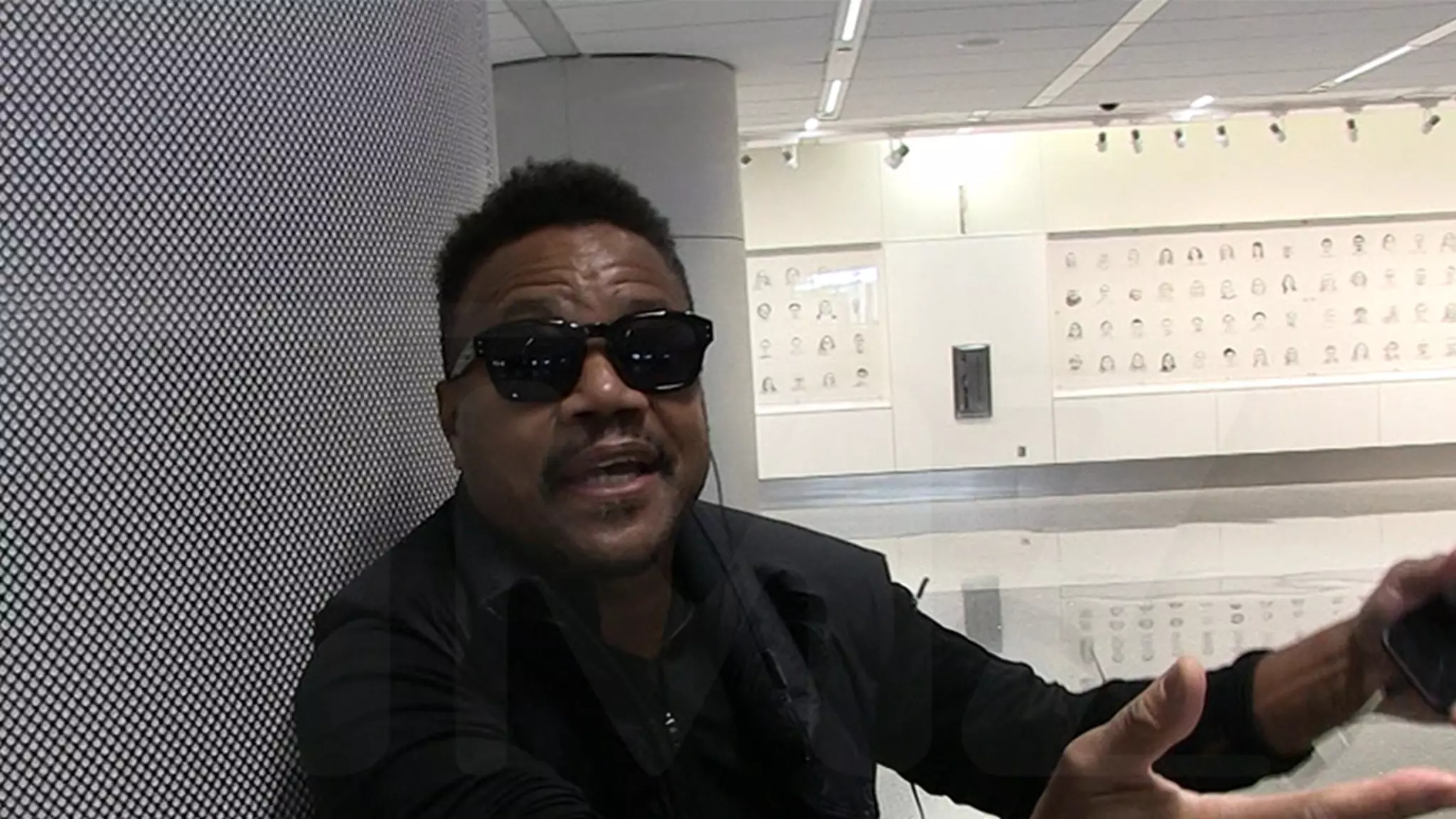Cuba Gooding Jr. recently shared his stark perspective on the dangers of escalating global tensions, particularly the fraught relationship between Israel and Iran. His words echo a powerful sentiment that war is not only an act of violence but one grounded in ignorance. The pain of conflict is often overlooked by those in positions of power who cast life-and-death decisions as mere strategic moves, failing to recognize the catastrophic human cost that comes with them. This disconnect between leaders and the realities faced by civilians is a troubling aspect of modern warfare.
A New Era of Awareness
The rise of the internet has transformed how we perceive conflict. What once seemed to be a clear delineation between heroes and villains has disintegrated, revealing a complex web of shared humanity. Gooding argues that our understanding of global events has shifted dramatically; brutal images of war are no longer confined to the stories of distant lands. Today, pictures of suffering and despair in conflicts around the world trickle directly into our lives through social media, forcing us to confront the commonality of human experience. The stark reality is that innocent children—the most vulnerable members of society—are often the ones who bear the brunt of these decisions.
Empathy Amidst Political Strife
Cuba’s comments compel us to reconsider our perspectives on conflict and compassion. The portrayal of “the enemy” in traditional narratives has become antiquated; every casualty we see today represents a life lost, a family torn apart. As we watch the harrowing stories of those affected by war, we must confront the uncomfortable truth: these tragedies are not isolated incidents, but reflections of our shared humanity. The internet serves as a reminder that anyone can be next, anywhere in the world, providing a sobering clarity about the stakes involved when conflict arises. We must ask ourselves: how can we allow a small group of powerful individuals to dictate the fates of countless innocent lives?
The Urgency of Reflection
Gooding’s poignant observations highlight a pressing need for introspection and action. The world is interconnected in ways that demand thoughtful consideration of the consequences of our collective decisions. The distance that once shielded Americans from the realities of global conflicts is now just a click away. Therefore, it’s imperative that we build a foundation of empathy, not only to better understand foreign issues but also to protect our homes from the instability that war brings closer. Political leaders must be held accountable for their decisions, while ordinary citizens are reminded of their power to influence change through discourse and advocacy.
Creating a Dialogue for Peace
To move toward a world free from the shackles of war, we must foster dialogue that prioritizes understanding over aggression. Gooding’s insights are a clarion call for shared responsibility among all people. We must be proactive in seeking peaceful solutions and ensure our voices resonate louder than the drums of war. The conversation must become less about animosity and more about healing and unity. Only then can we hope to navigate the complexities of our world with compassion and foresight, striving to reduce ignorance and promote a collective path toward peace.

